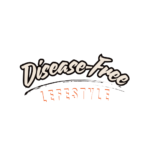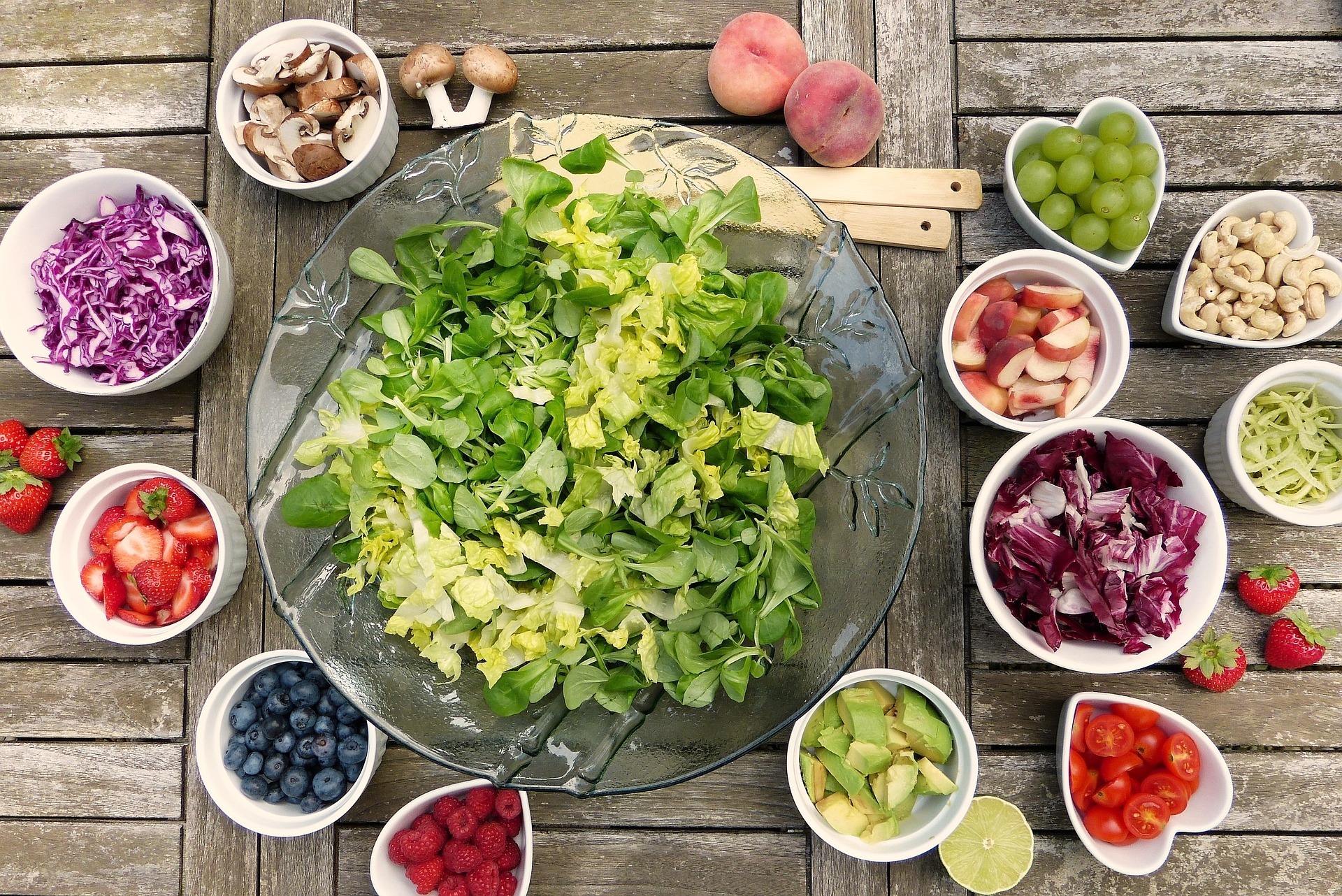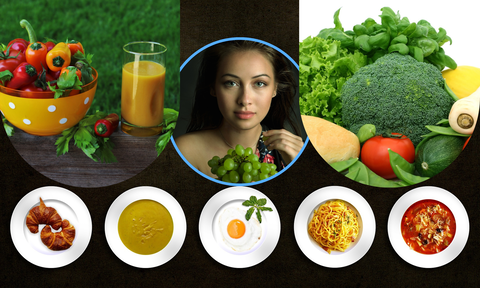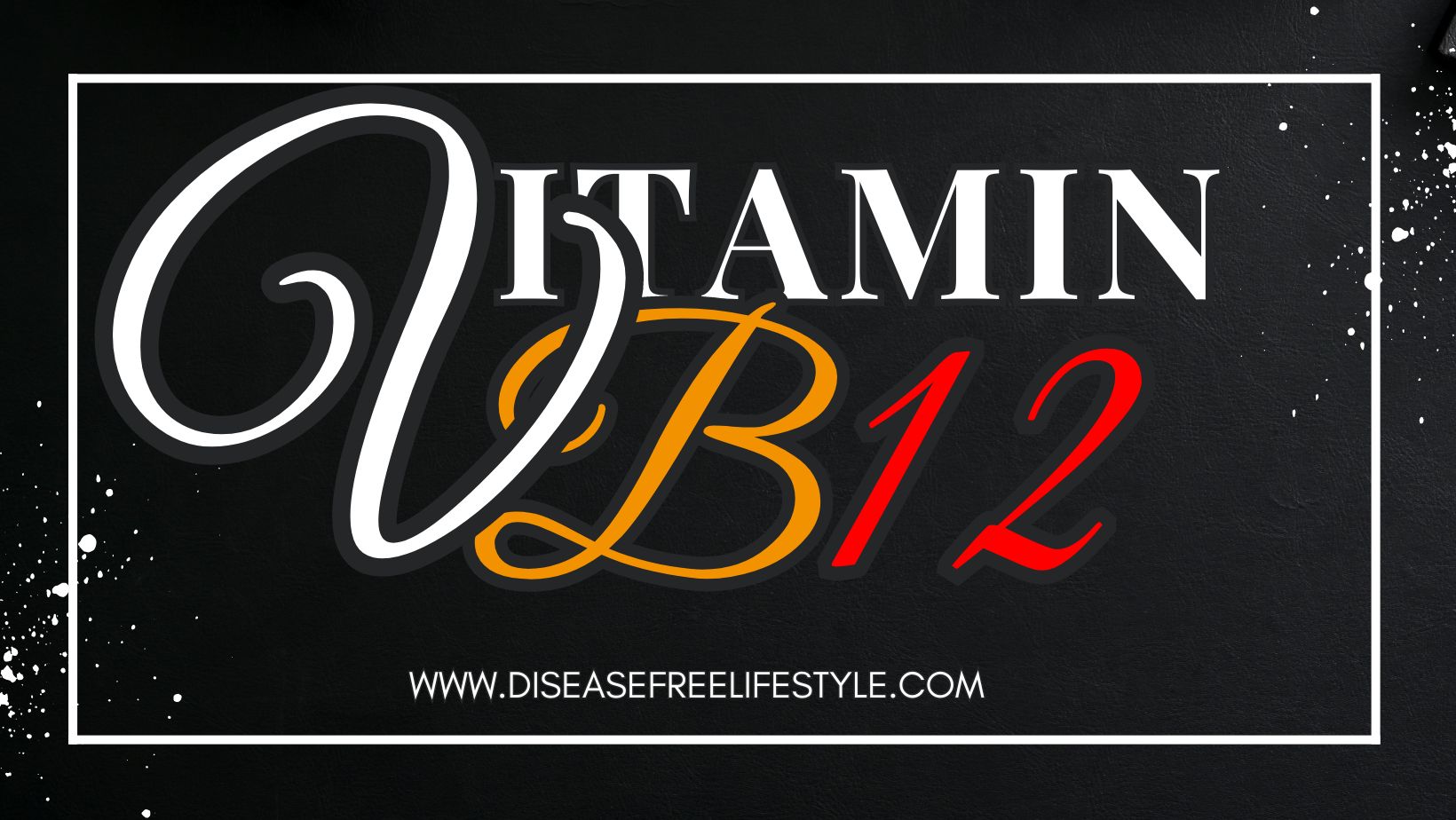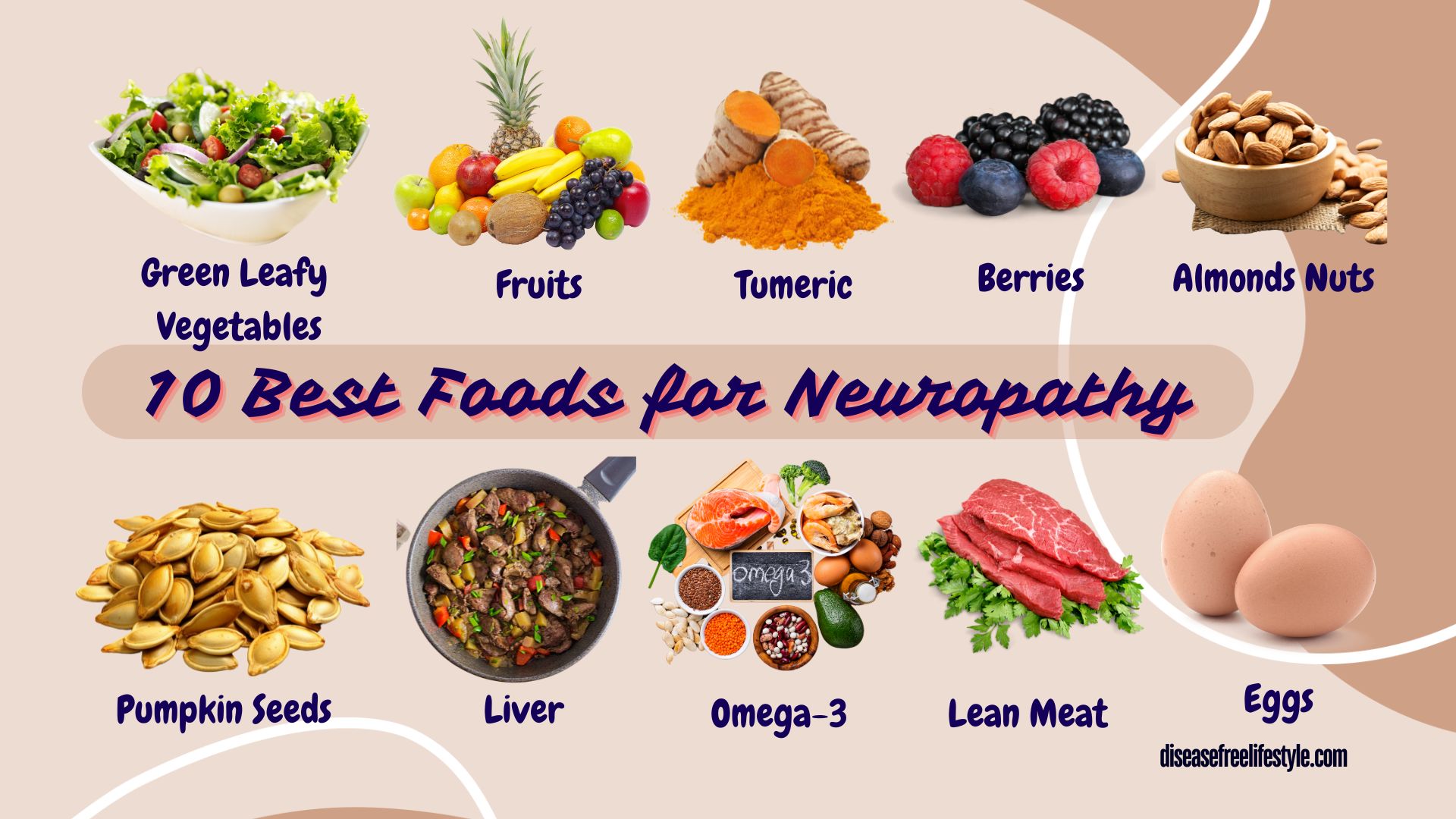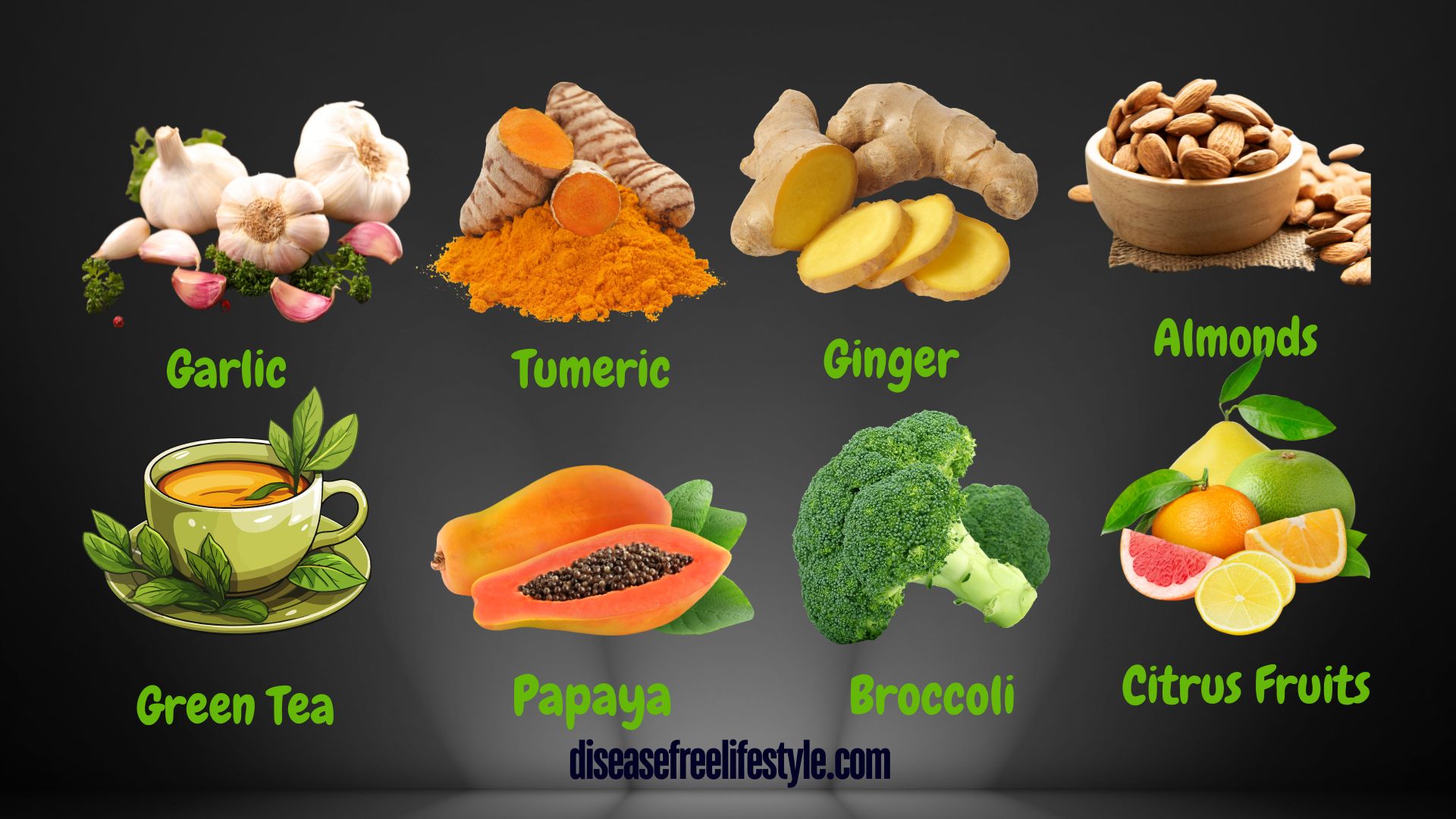Introduction
Vitamin B12 deficiency has become increasingly common in today’s society. This essential nutrient, also known as cobalamin, plays a crucial role in maintaining brain function, nerve health, and the production of red blood cells. Instead of relying solely on supplements or foods high in cholesterol, there are natural, safe ways to boost Vitamin B12 levels. This article will explore various foods that can help you recover Vitamin B12 naturally, maintaining your health without adverse side effects.
Why Is Vitamin B12 Important?
Vitamin B12 is vital for numerous bodily functions. It helps in the normal functioning of the nervous system, supports brain health, and is required for red blood cell formation. Additionally, it assists in energy production and plays a role in fatty acid synthesis. Since the human body cannot produce Vitamin B12, it must be obtained through diet or supplementation.
The Recommended Daily Intake of Vitamin B12
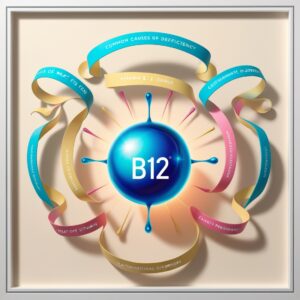
The recommended daily intake for adults is 2.4 micrograms of Vitamin B12. The body can store excess Vitamin B12, meaning it can keep a surplus for future needs, which helps maintain optimal health. Let’s explore the natural sources of Vitamin B12 to help recover and maintain healthy levels.
1. Dairy Products: Milk, Yogurt, and Cheese
Desi cow’s milk is a highly recommended natural source of Vitamin B12. A 250 ml glass of milk can meet up to 50% of the daily Vitamin B12 requirement. Alongside milk, dairy products such as yogurt and cheese are also rich in this essential nutrient. Cheese can be incorporated into various meals throughout the day, while plain yogurt has been shown to improve Vitamin B12 absorption better than other animal sources like beef or fish. Including dairy products in your diet regularly can help maintain sufficient Vitamin B12 levels.
2. Fermented Foods: Panta Bhat
Fermented foods are rich in Vitamin B12, and one such food is panta bhat, a fermented rice dish popular in Bengal. Panta bhat is a nutrient powerhouse, containing immune-boosting properties and Vitamin B12. It is also an excellent source of short-chain fatty acids, similar to those found in butter and yogurt. Unlike other dairy products, panta bhat does not have high fat content, making it ideal for regular consumption. To prepare panta bhat, allow rice to ferment in clean water for about 5-6 hours.
3. Chickpeas and Sprouts
Chickpeas, both black and white varieties, are rich in Vitamin B12, fiber, protein, and other essential micronutrients. Eating chickpeas even once a week, whether boiled or sprouted, can help improve Vitamin B12 levels. Additionally, sprouting legumes and grains boosts their nutrient content. Mung bean sprouts, when consumed as a salad with onions, tomatoes, cucumber, and lemon juice, offer an easy way to increase Vitamin B12 intake two to three times a week.
4. Moringa Leaf Powder
Moringa leaf powder is a powerful addition to any diet, as it contains a significant amount of Vitamin B12 along with other vitamins and minerals. You can incorporate moringa powder by adding a spoonful to rice, vegetables, salads, or mixing it with water. Including this superfood in your meals can significantly contribute to improving Vitamin B12 levels.
5. Shiitake Mushrooms
Shiitake mushrooms are an effective natural source of Vitamin B12. This variety of mushroom can be easily incorporated into your diet by adding it to soups or lightly frying it as part of a meal once a week. Shiitake mushrooms are also available online, making them convenient for boosting Vitamin B12 naturally.
6. Animal Liver and Kidneys
Organ meats such as liver and kidney from lamb or beef are excellent sources of Vitamin B12, along with other essential nutrients like copper and selenium. However, it is important to consume these meats in moderation, as they are high in cholesterol and could potentially increase the risk of diseases if eaten in excess.
7. Shellfish and Fatty Fish
Shellfish are highly nutritious and provide a good amount of Vitamin B12 along with iron, zinc, omega-3 fatty acids, and antioxidants. Fatty fish like sardines, salmon, tuna, and trout are not only rich in Vitamin B12 but also contain omega-3 fatty acids, which have been linked to reduced risks of inflammation and heart disease. Adding fish to your diet a few times per week can greatly improve your Vitamin B12 levels naturally.
8. Eggs
Eggs are another convenient and versatile source of Vitamin B12. They are also rich in B2, choline, and protein, which are important for various bodily functions, including during pregnancy and breastfeeding. The versatility of eggs makes them easy to incorporate into any meal, and their high Vitamin B12 content makes them a valuable addition to the diet.
9. Fortified Cereals and Nutritional Yeast
For vegetarians and vegans, fortified cereals and nutritional yeast are effective sources of Vitamin B12, as they are synthetically fortified. Fortified cereals are not only rich in Vitamin B12 but also contain other beneficial nutrients like folate and iron. Nutritional yeast, which is fortified with Vitamin B12, serves as a great vegan-friendly option, easily incorporated into soups, sauces, or sprinkled over meals for an extra nutrient boost.
10. Fruits and Vegetables
Fruits like apples, oranges, and bananas contain Vitamin B12, although in smaller amounts compared to other foods. Including a variety of fruits and green leafy vegetables in your daily diet helps maintain a balanced nutrient intake and can contribute to recovering Vitamin B12 levels.
Conclusion
Vitamin B12 deficiency can lead to health problems such as fatigue, headaches, and nerve issues. While supplements are an option, recovering Vitamin B12 naturally through a balanced diet is the ideal approach. Incorporating Vitamin B12-rich foods such as dairy products, fermented foods, organ meats, shellfish, fish, eggs, and fortified products can help you restore optimal levels without the need for supplements. A well-rounded diet that includes these natural sources will not only help boost Vitamin B12 but also improve your overall health.
